Maybe the water at your house tastes ok, but you occasionally smell rotten eggs when you turn on the faucet. Whether it’s an unpleasant odor, a strange taste, itchy skin, water spots or soap build-up, you might come to the conclusion that you need some kind of water treatment device to make your water safe to use.
Selecting a water treatment system is a process with long research and training to make an informed decision about what is needed and the best system for a given purpose. Before diving into the details of the process, it is best for consumers to educate themselves about the quality of the drinking water provided to their homes or businesses. Determining how contaminants need to be removed from the water based on the necessary background knowledge will help your home.
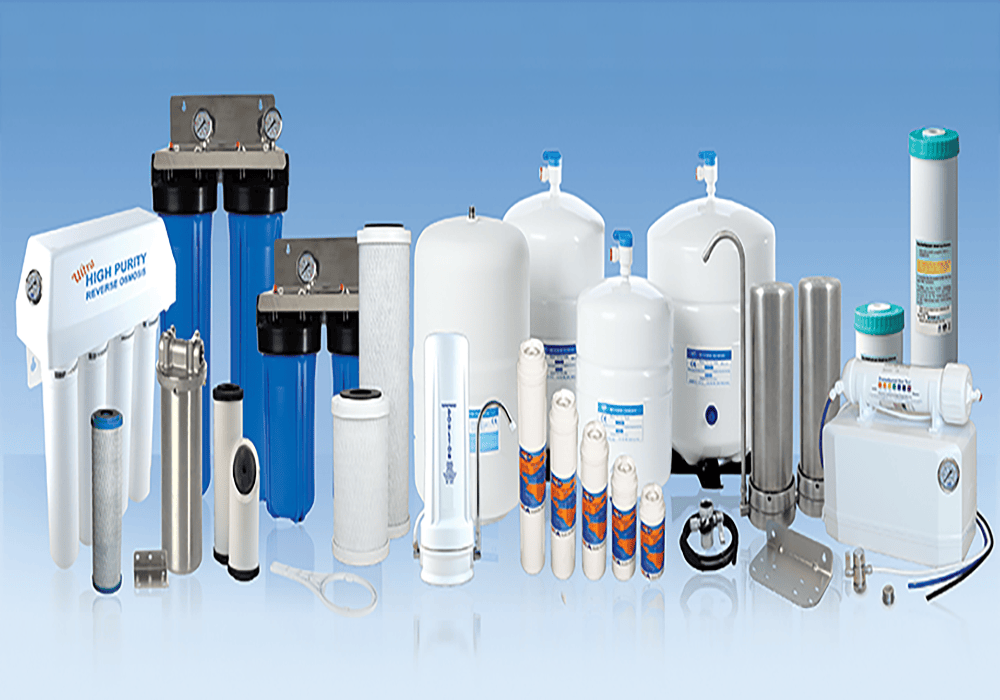
Remove unwanted particles from water using a layered absorbent medium such as carbon to keep larger particles in the water from flowing through the filter media while allowing water to pass through.
Filter technology helps to remove iron, manganese, turbidity, and suspended solids in water
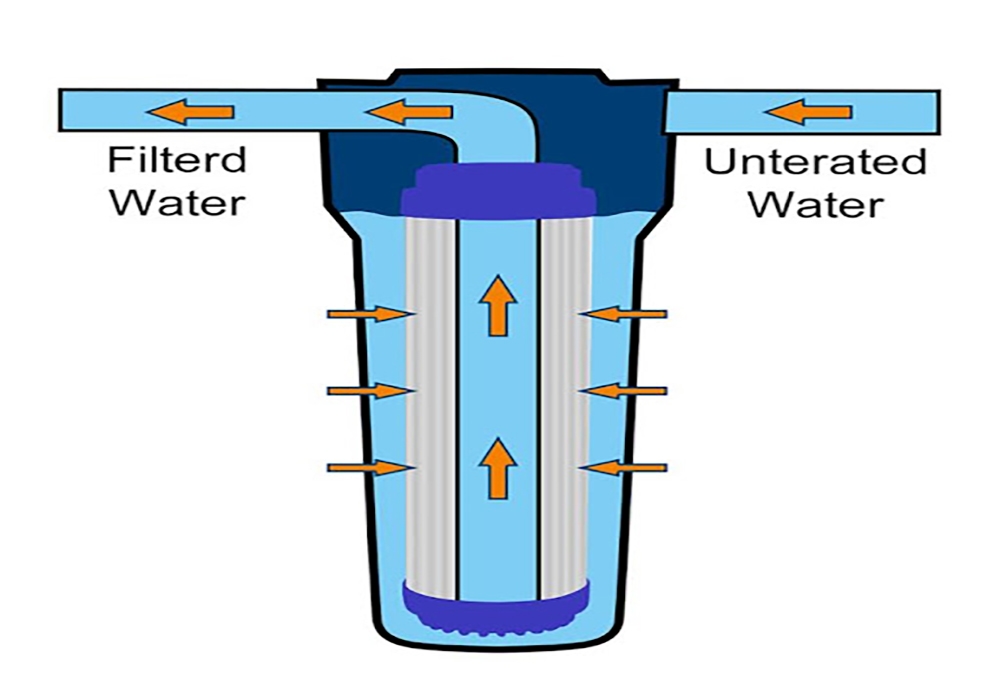
Water softening technology
Use ion exchange resin beads to exchange ions that cause the hardness of the water to go into the resin, making the water softer.
Water softening technology reduces hardness – calcium and magnesium in water and replaces those ions with sodium or potassium.
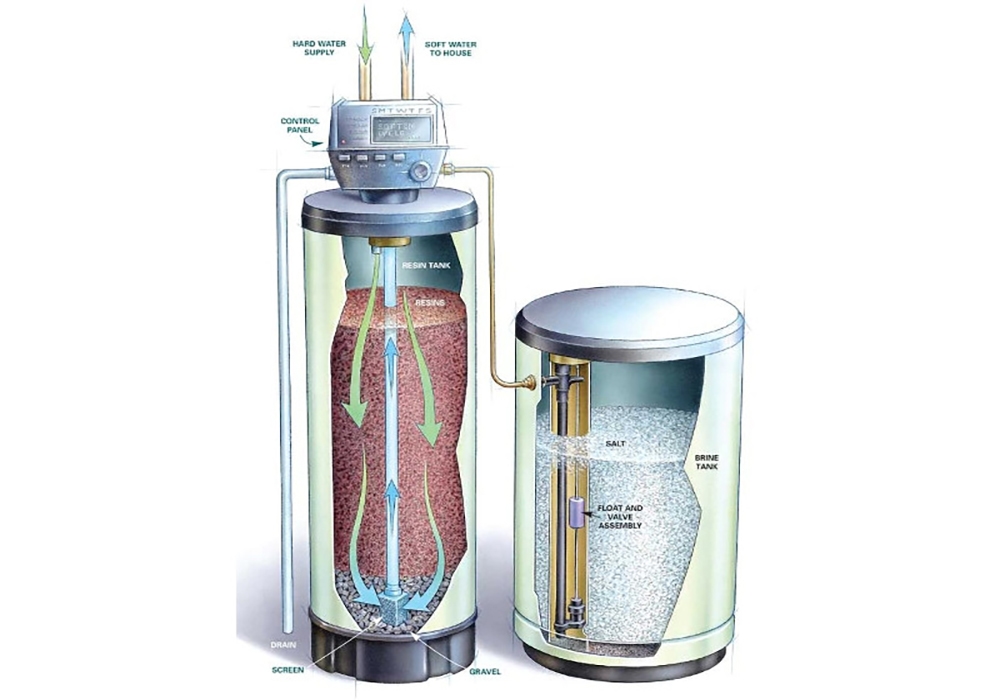
UV water treatment technology
The use of ultraviolet rays to emit light with UV wavelengths destroys microbial cells in the water
UV water treatment technology to disinfect water and reduce the amount of microorganisms present in the water, helping to create water that is directly drinkable.
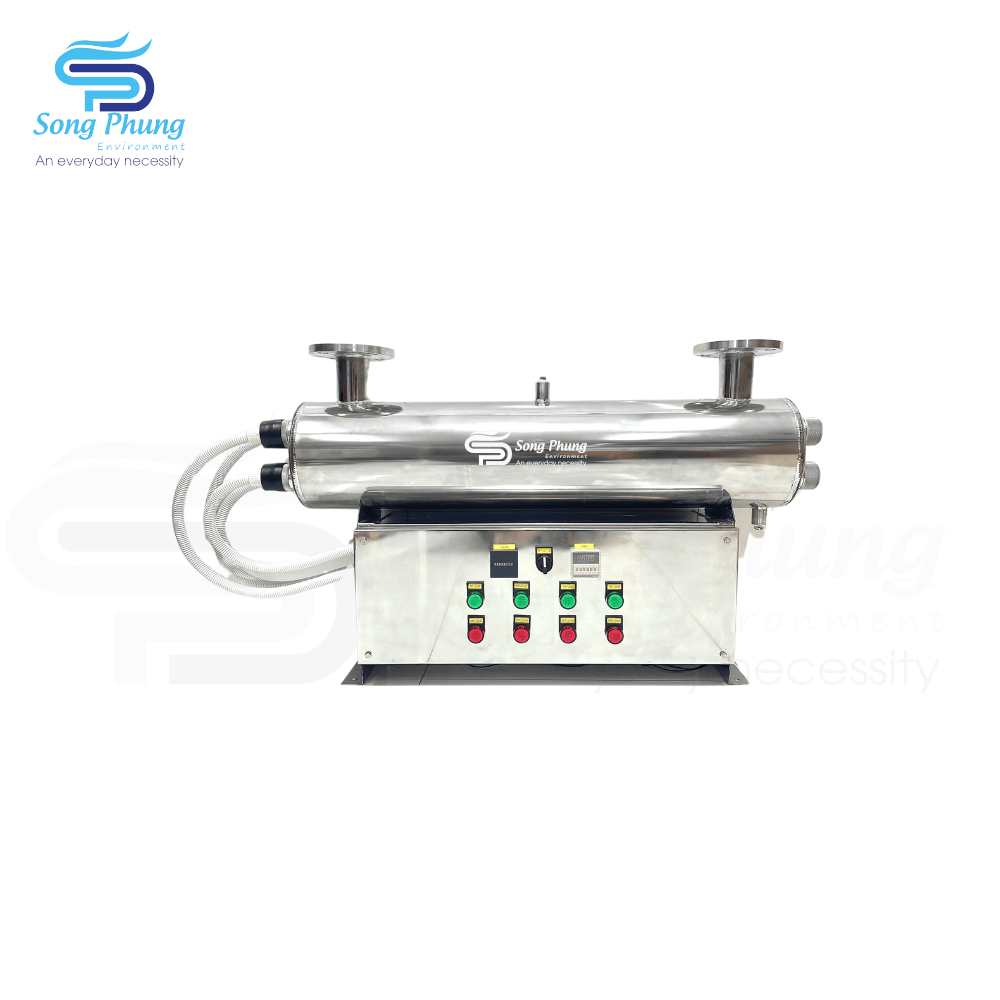
Water treatment technology by reverse osmosis RO filter
Removes large molecules and ions from water by applying higher pressure on one side of the membrane, which then pushes the water through the membrane selectively, leaving the impurities to be flushed out.
Reverse osmosis RO water purification technology helps to reduce key contaminants such as: TDS, conductivity, salinity, nitrate, nitrite, microorganisms, and most other dissolved ions. RO technology helps to create the purest, highest quality water of all today’s technologies.
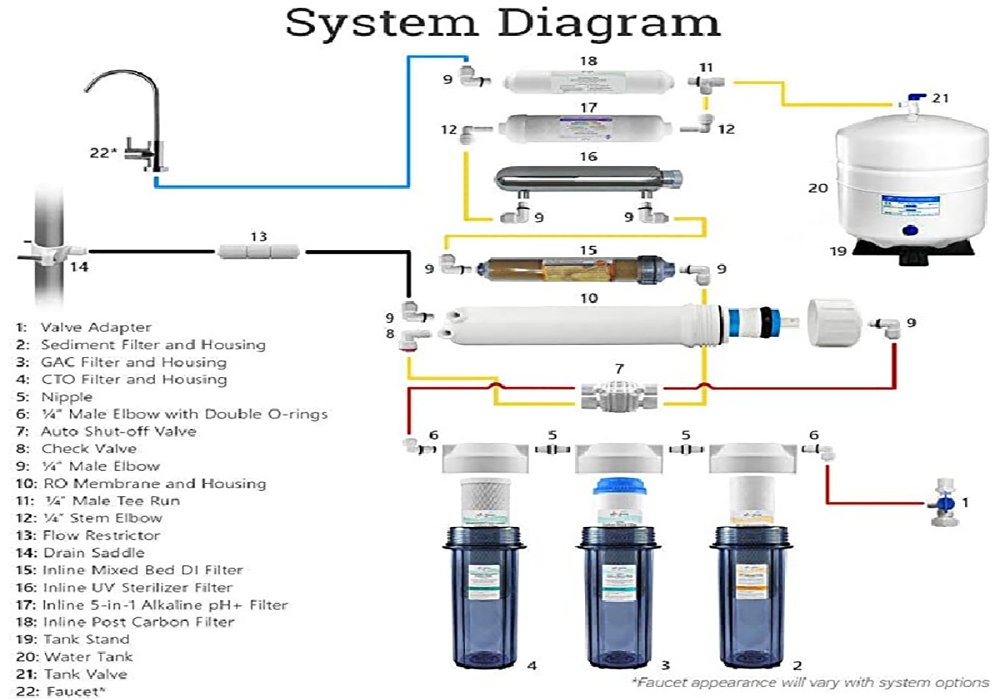
Water treatment technology by distillation
Boiling water and collecting steam as it condenses, water that condenses on distillation is mostly safe to drink, however some contaminants still exist because it easily converts to a gas.
Distillation water treatment technology eliminates microorganisms, salinity, conductivity, TDS, hardness and some dissolved ions in water.
See more articles: What is domestic TDS? Based on TDS index to design water treatment system
To determine the exact water treatment technology that suits your needs, please contact our company for further advice.
Contact hotline: 0913.90.72.74 to order in bulk, the most preferential price!
Follow Fanpage: https://www.facebook.com/SongPhungthietbinganhnuoc/ to update new products.
Translator: Duong Nguyen Hoang Khang

